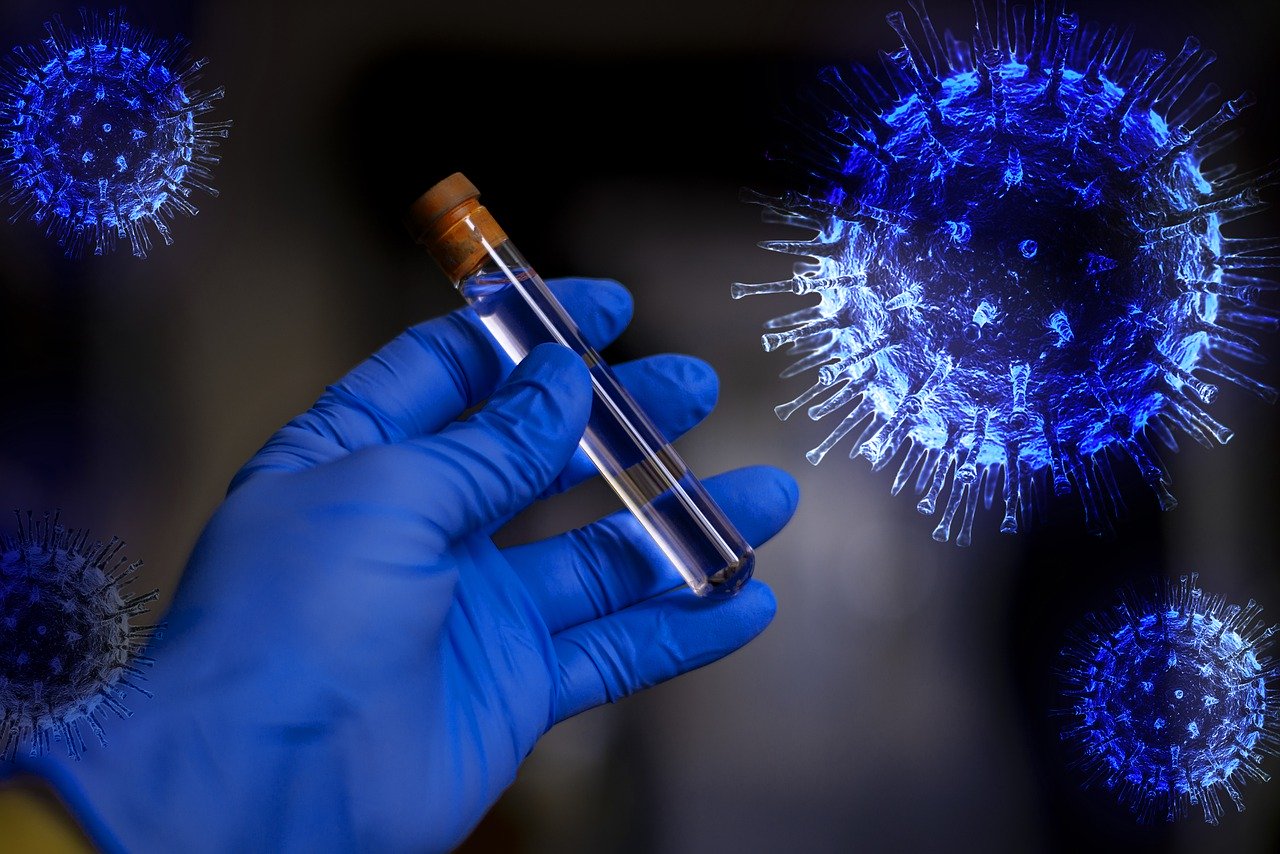
Image by fernando zhiminaicela from Pixabay
The Council of Scientific and Industrial Research (CSIR) is leaving no stone unturned in the battle against novel coronavirus.
Repurposing of existing drugs is one of the strategies deployed by CSIR. The Council is implementing this strategy by evaluating an existing drug that is used for treating gram-negative sepsis patients.
The drug, Sepsivac, is available commercially. In Gram-negative sepsis patients and in critically ill COVID-19 patients, the altered immune response leads to a massive change in the cytokine profile.
Cytokines are produced in response to an infection. Cytokines are essential for host defense against pathogens. There are 6 types of cytokines, each having different families of cytokines. Different mix of cytokines, called cytokine profiles, acts on different pathogens.
One of the major contributors to the death by COVID-19 is heightened immune response, called a cytokine storm. The immune system starts attacking both infected and uninfected cells. It makes no difference between a friend and a foe, leading to tissue damage resulting in sepsis. The drug modulates the immune system of the body and thereby inhibits the cytokine storm leading to reduced mortality and faster recovery.
Patients affected by Gram-negative sepsis also undergo a cytokine storm. Looking at similarities between clinical characteristics of patients suffering from COVID-19 and Gram-negative sepsis, CSIR is now initiating a randomized, blinded, two arms, active comparator-controlled clinical trial to evaluate the efficacy of the drug for reducing mortality (deaths) in critically ill COVID-19 patients. The Drugs Controller General of India (DCGI) has approved the trial and it will start soon at multiple hospitals.
The drug contains heat-killed Mycobacterium W (Mw). It is found to be safe in patients and no systemic side effects are associated with its use. It can be used concurrently with any other therapies required in the management of such critically ill patients without any restriction.
Its unique properties include boosting protective immunity (Th1, TLR2 agonist) and suppressing non-protective response (Th2).
“Extensive clinical trials have been conducted by Cadila Pharmaceuticals Ltd on preventing deaths against gram-negative Sepsis, with more than 50% reduction in deaths of critically ill patients. We are hoping that the clinical trials will show this to be equally useful in reducing deaths due to COVID-19,” said Dr Shekhar C Mande, Director General, CSIR.
CSIR through its flagship New Millennium Indian Technology Leadership Initiative (NMITLI) program, has been supporting Cadila Pharmaceuticals Ltd., Ahmedabad since 2007 for developing this drug to save lives of critically ill patients suffering from Gram-negative sepsis. This entire development effort (pre-clinical and clinical studies) has been supervised by CSIR appointed Monitoring Committee.
The drug has been shown to reduce the mortality of critically ill patients by more than half. It also leads to faster recovery of organ dysfunction seen in this condition. It is now approved for marketing in India.
Sign up for the QuackTrack.org newsletter below!














